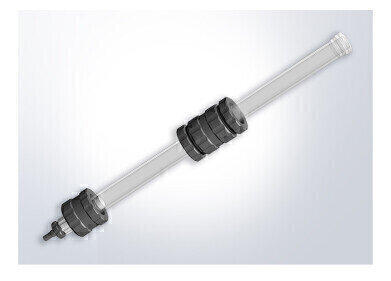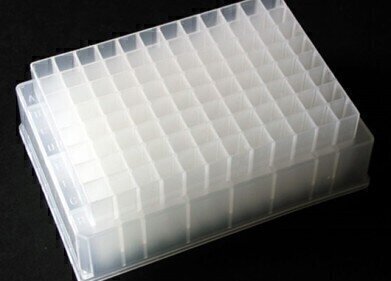Preparative
Can You Monitor Psychoactive Drugs in Wastewater? - Chromatography Investigates
May 04 2020
Drug abuse is a global health problem. It is associated with many of society’s problems and can cause family and individual issues. It has recently been reported by the European Monitoring Centre for Drugs and Drug Addiction and the United Nations Office on Drugs and Crime that drug related problems are becoming increasingly complex.
New psychoactive substances are one of the drugs making the analysis of the drug market more difficult. It is harder to verify the presence of this type of drug in samples partly because of the rapidly changing nature of the drugs, with new psychoactive substances appearing regularly on the market. One method that regulators use to monitor traditional drug use is wastewater epidemiology. A recent paper published in the online journal Scientific Reports highlights work carried out to see if chromatography can be used to monitor new psychoactive substances in urban wastewater.
More than waste in waste
Wastewater epidemiology is a multidisciplinary field that uses human waste as a means of monitoring society. One of the main uses of wastewater epidemiology is in the field of drugs and medicines in a population. A sample is taken from the wastewater supply at a wastewater treatment plant and analysed for drugs, medicines and their metabolites. By knowing the origin of the wastewater and the size of population contributing to the sample, an estimate can be made of the drug use and changes in that population. The information can be used to design drug policy and also to monitor the effects of that policy directly.
Monitoring psychoactive substances in the waste
In the paper referenced above - Urban wastewater analysis as an effective tool for monitoring illegal drugs, including new psychoactive substances, in the Eastern European region - researchers in Poland set out to develop and validate a procedure to determine new psychoactive substances and classic drugs. The method they developed involved solid phase extraction and high-performance liquid chromatography with tandem mass spectrometry (SPE-HPLC-MS/MS). The use of chromatography to analyse samples is discussed in the article, Development of a Cannabinoid Analysis within a Regulated Environment.
The SPE-HPLC-MS/MS method developed by the researchers allowed for the simultaneous, selective, very sensitive, accurate (recoveries ≥ 80.1%) and precise (CV ≤ 8.1%) determination of new and classic psychoactive substances in wastewater samples. It is the first time that psychoactive substances have been detected and monitored in Poland in wastewater samples. The research also suggested that cocaine use was increasing in Eastern Europe.
Events
May 11 2025 Vienna, Austria
May 18 2025 Tempe. AZ, USA
May 21 2025 Birmingham, UK
Jun 01 2025 Baltimore, MD, USA
Jun 15 2025 Bruges, Belgium














